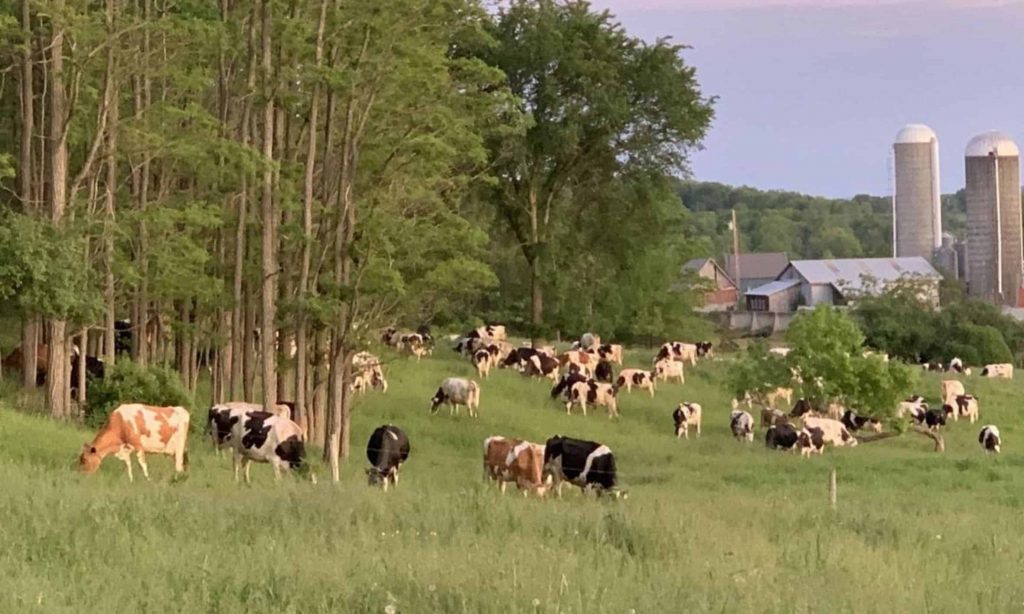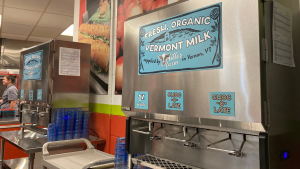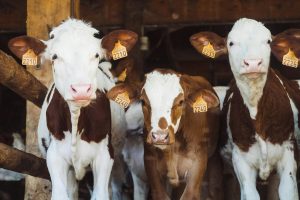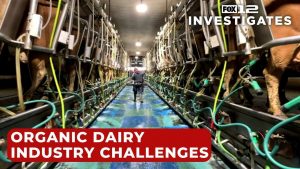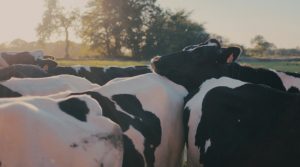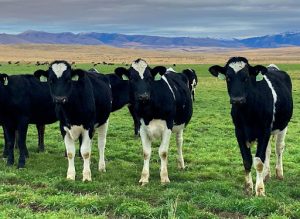
Yesterday, Senator Peter Welch of Vermont introduced the Organic Dairy Assistance, Investment, and Reporting Yields Act (O DAIRY ACT) to provide long-needed support for organic dairy producers. The bill will provide improved data collection, support to help cover dramatically increased input costs, and key investments in infrastructure.
The O Dairy Act of 2023 would provide crucial support to the organic dairy industry in the United States. Specifically, the bill:
– Extends ELAP to organic dairy farmers facing losses due to factors like organic feed shortages and increased input costs that result in a net income decrease of more than 10% in a given year.
– Requires the USDA to streamline the payment process under this program.
– Mandates improved data collection for organic dairy, including cost-of-production data for organic milk, feedstuff prices, and other production-related costs.
– Establishes the “Organic All Milk Price Survey” to collect and report data about organic milk prices.
-Requires the USDA to publish periodic reports for organic milk, equivalent to data reported for conventionally produced milk.
-Directs the USDA to develop a proposal and submit a report to Congress with recommendations for implementing an organic dairy safety net program.
– Establishes programs and positions to boost infrastructure investments, research, and innovation within the organic dairy sector, including authorizing funding for on-farm processing infrastructure.
Endorsing organizations include:
Organic Farmers Association, Northeast Organic Farming Association of Vermont, Northeast Organic Dairy Producers Alliance, Northeast Organic Farming Association of New York, Maine Organic Farmers and Gardeners Association, Western Organic Dairy Producers Alliance, Straus Family Creamery, Center for Food Safety, and National Organic Coalition.
“Organic dairy farmers in Vermont and around the country are facing an ongoing economic crisis fueled by supply chain volatility, increased input costs, and pay prices below their cost of production,” says Grace Oedel, Executive Director of the Northeast Organic Farming Association of Vermont. “These farms combat climate change, produce nourishing food, and keep our rural communities healthy. We’re grateful for Senator Welch’s leadership in bringing this bill forward to provide much needed support.”
“Family run organic dairy farms provide healthy food and environmental stewardship to rural communities across the country. The O DAIRY Act can provide much needed investments to alleviate the economic crisis these farmers are facing, and provide valuable data collection to inform future support for the industry,” says Kate Mendenhall, Executive Director of Organic Farmers Association. “We applaud Senator Welch for championing this important work.”
“It is very encouraging to see the introduction of the O DAIRY Act. The organic dairy industry has faced several unique challenges over the last five years that have resulted in several farms across the country closing their doors. While acknowledging that there is still more work to be done, organic dairies like mine see this as a huge step towards providing stability to organic milk sheds across the country,” says Zach Cahill, Board President of Western Organic Dairy Producers Alliance. “The organic dairy community applauds the numerous folks who have stepped up to fight for the rural communities that this Act will help support.”
“This bill will provide for the collection of organic dairy production data—the same type of data that has long been compiled for conventional dairy”, says Kathie Arnold, a co-owner/operator of Twin Oaks Dairy LLC in Truxton, NY that has been producing organic milk for 25 years. “The data is as essential for organic dairy as it is for conventional in providing a basis for good decision-making and policy development.” Arnold also states that, “A lack of adequate processing facilities has caused a loss of markets for organic dairy farms in some regions of the country and this bill will provide support for additional processing capacity. Without sufficient processing plants, organic dairy farmers’ milk cannot reach the consumer.”
###
About the Organic Farmers Association
The Organic Farmers Association (OFA) provides a strong and unified national voice for domestic certified organic producers. OFA builds and supports a farmer-led national organic farmer movement and national policy platform by developing and advocating policies that benefit organic farmers; strengthening and supporting the capacity of organic farmers and farm organizations; and supporting collaboration and leadership among state, regional and national organic farmer organizations.
